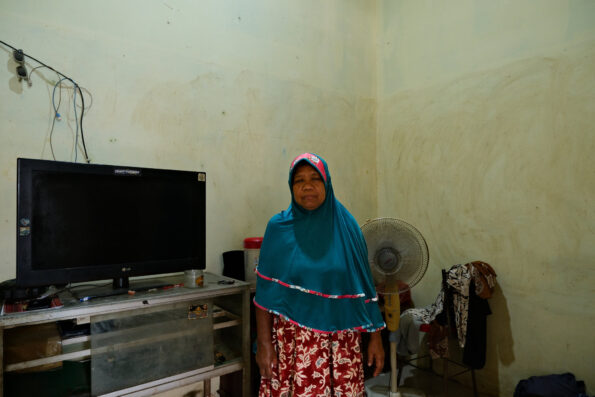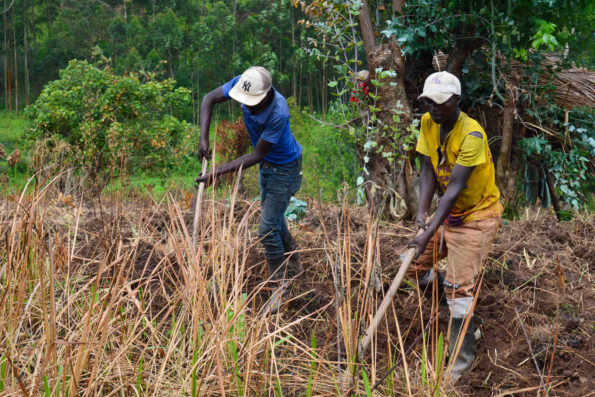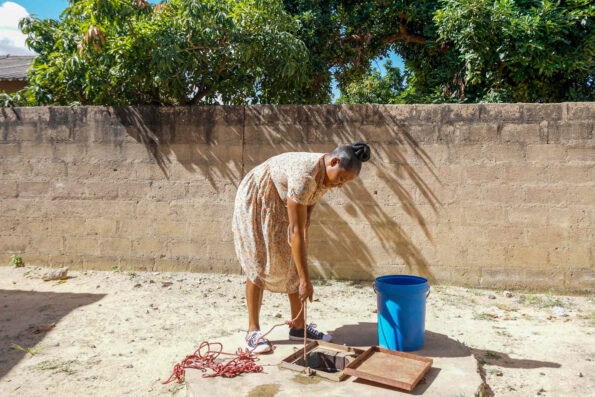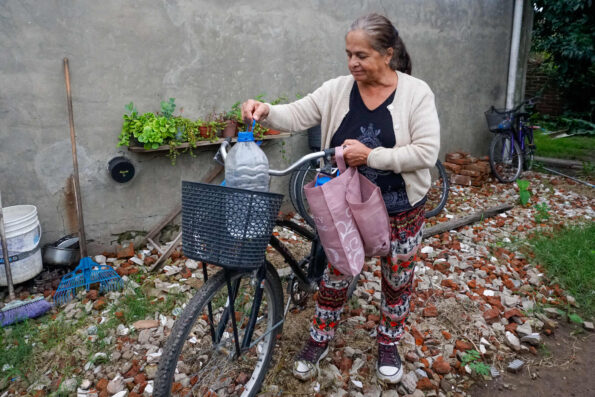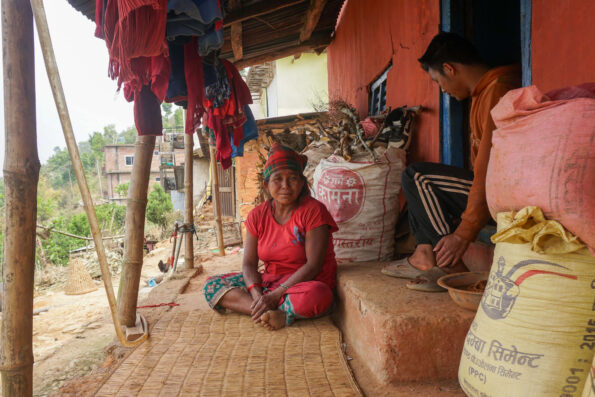SACRED STONE CAMP, NORTH DAKOTA, U.S. — Since April, demonstrators have been taking shelter and holding a line near the Missouri River in protest of proposed construction for the Dakota Access Pipeline, a $3.7 billion project that would extract and transport approximately 470,000 barrels of crude oil per day from the Midwestern states of North Dakota, South Dakota, Iowa and Illinois.
The pipeline would be constructed through indigenous ancestral lands and pass within half a mile of the reservation that is home to the Standing Rock Sioux Tribe, a sovereign tribal nation that exists within the U.S. The tribe and its supporters say the extraction and a possible oil spill could threaten the Missouri River, which is a primary water source, and that the tribe was not consulted before the pipeline was approved. A groundswell of support has brought activists and members of many other American Indian tribal nations to the movement. Among the activists are celebrities and media personalities, some of whom have visited or taken shelter at the camp.
Actress Patricia Arquette showed up at the camp on Nov. 5 on behalf of her organization, GiveLove, which promotes and facilitates sanitation, for an assessment of possible construction of sanitation facilities. Actor Mark Ruffalo appeared on CNN in recent weeks to publicize his support of the protest. He spent two days at the camp and delivered portable solar panels to provide clean energy to power medical tents and other camp facilities. Susan Sarandon, Ben Affleck, Leonardo DiCaprio and the Rev. Jesse Jackson are among the celebrities who have expressed support, and actress Shailene Woodley was arrested at the protest site in October and charged with criminal trespassing and engaging in a riot.
In an op-ed for Time magazine, Woodley wrote that it took a “White non-native woman being arrested on Oct 10th in North Dakota, on Indigenous Peoples’ Day, to bring this cause to many people’s attention. And to the forefront of news publications around the world.”
On Oct. 22, Woodley was honored at the Environmental Media Awards, an event hosted by the Environmental Media Association, for increasing public awareness of environmental issues and inspiring personal action.
Global Press Journal spoke with people at Sacred Stone Camp about Woodley’s statement, including whether they feel celebrity involvement is necessary to attract broader attention to the pipeline protest.


Natalia Aldana, GPJ Americas
“The biggest thing that national media is lacking is the perspective of the indigenous people, from the inside out. The incredible stories of humanity and of strength and of heart from the people who are not only the first Americans, but also citizens of the United States having their First Amendment rights being violated and being mistreated, consistently, that’s the story that’s missing. It’s always told from the perspective of what happened to the police. Public opinion will always be on the side of law enforcement, and that’s what the national media is built to do.” Ben-Alex Dupris of Washington state, who has been at Sacred Stone Camp for more than three months


Natalia Aldana, GPJ Americas
“It’s really frustrating that folks only start paying attention when nonindigenous people are crying out about it. This is for everybody, even nonindigenous people, this is for their water too. But when indigenous people ask for it, it’s ignored, pushed aside, ‘They’re just angry Indians.’ It’s really easy to be like, ‘Oh, I support you,’ get a photo taken and then peel out, and not do any of the work. So if [celebrities] can’t make major donations that are actually helpful, then it’s just lip service at that point.” — Dandilion Cloverdale of Montana, who has been at Sacred Stone Camp since mid-October


Natalia Aldana, GPJ Americas
“[The media are] not even finding out if something is true or not. They’re causing all this conflict because they’re reporting things that didn’t happen or they’re sensationalizing, they’re sensationalizing violence or things that aren’t even happening. We have a lot of people that are paying attention. Look at all the people that are here; it’s reaching all over the world. So coverage in general is helpful. And I think that it was already out there before [Woodley was arrested].” — Jana Gipp, a resident of the Standing Rock Sioux Tribe’s reservation within North Dakota


Natalia Aldana, GPJ Americas
“As long as things aren’t grossly misrepresented, I’m personally thrilled that the mainstream media is picking this up. Even if part of what I read is frustrating, there’s certain kernels in there that I think people completely are unaware of what’s happening here, and how important this moment is. When you hear that 300 tribes have come together and that that’s unprecedented, that shakes your tree a little bit, like maybe, ‘What is going on here? Can I get out of my own paradigm right now and understand the significance of what’s happening here, for the indigenous people?’ It’s such a crucial time for our world.” — Jason Cohen of Massachusetts, who arrived at the camp in early November


Natalia Aldana, GPJ Americas
“I’m happy to see all these different tribes together, when hundreds of years ago we used to fight about land and hunting grounds, different issues. And for everyone to come together for one thing, for the people, like you see my headband, ‘Water Is Life,’ and that’s what we’re here for. There’s a lot of stuff on social media. You can’t believe all these stories. They’re just pictures, and people are typing text in there; they can type whatever. So if it’s not live stream video, it’s not what’s happening. People need to just come down, see what it’s like for themselves, and when you get here, you’ll know what I mean. You’ll have that feeling when you get here, and it’s an awesome feeling.” — Orlando Cruz of New Mexico, who has been at Sacred Stone Camp since late October


















